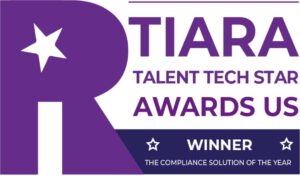The Massachusetts Commission Against Discrimination (MCAD) has published a new draft of the state’s guidelines on harassment in the workplace, aimed at updating and expanding the scope of their current guidance on addressing workplace harassment under Chapter 151B of the Massachusetts General Laws.
The new draft guidelines are designed to provide comprehensive coverage of harassment issues in the workplace, beyond just sexual harassment, to include a broader range of protected class harassment. This includes harassment based on race, color, religious creed, national origin, sex, gender identity, sexual orientation, genetic information, pregnancy or pregnancy condition, ancestry, veteran status, age (over 40), disability, and military service.
Key additions to the guidelines include detailed guidance on “protected class harassment,” which encompasses various types of non-sexual harassment, and introduces concepts such as “quid pro quo protected class harassment” and “intersectional harassment.” These concepts address situations where harassment is linked to an employee’s membership in one or more protected classes, and where employment benefits or conditions are contingent on tolerating such harassment.
The guidelines also address “online harassment,” recognizing the significant role of social media and virtual platforms in both work and personal life, and how they can become mediums for harassment. This inclusion acknowledges that offensive conduct online can contribute to a hostile work environment or quid pro quo harassment claims.
Additionally, the draft extends protections to minors, non-full-time employees, and volunteers, meaning that certain protections apply regardless of employment status, and that employers may still be liable for harassment perpetrated by interns or volunteers toward employees.
The MCAD is currently seeking public comment on these draft guidelines until March 5, 2024.






